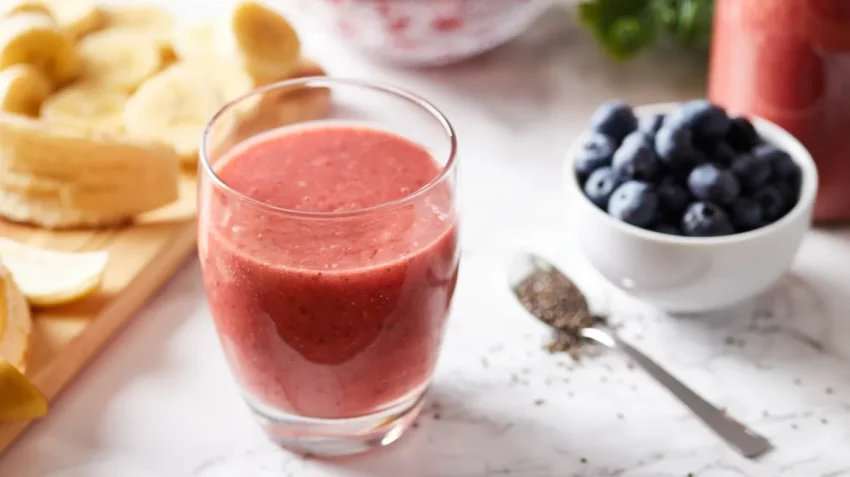Skip to content

- Pre-workout nutrition refers to the food and supplements consumed before a workout to optimize energy levels, performance, and recovery.
- The primary goals of pre-workout nutrition are to enhance energy availability, promote muscle protein synthesis, and prevent muscle breakdown during exercise.
- Timing is important for pre-workout nutrition. It’s recommended to consume a meal or snack containing carbohydrates and protein 1-3 hours before your workout.
- Carbohydrates are crucial for providing fuel to the muscles. Opt for complex carbohydrates like whole grains, fruits, and vegetables for sustained energy release.
- Protein is essential for muscle repair and growth. Include a source of high-quality protein like lean meats, eggs, dairy, or plant-based options in your pre-workout meal.
- Fats should be consumed in moderation before a workout since they digest slowly and may cause digestive discomfort. Choose healthy fats like avocados or nuts.
- Hydration is vital for optimal performance. Drink water throughout the day and ensure you’re adequately hydrated before starting your workout.
- Caffeine is a popular ingredient in many pre-workout supplements. It can increase alertness, focus, and endurance. However, it’s important to monitor your caffeine intake and consider your tolerance.
- Beta-alanine is another common pre-workout supplement ingredient. It can enhance muscular endurance and reduce fatigue during high-intensity exercise.
- Creatine supplementation before a workout may improve strength, power, and muscle mass over time.
- Nitric oxide boosters like arginine or citrulline are often included in pre-workout supplements. They can promote vasodilation, increasing blood flow to the muscles and improving performance.
- Pre-workout meals or snacks should be easily digestible to avoid discomfort or gastrointestinal issues during exercise.
- It’s important to consider individual tolerance and preferences when selecting pre-workout foods or supplements.
- Experiment with different foods and supplements to find what works best for your body and goals.
- Avoid consuming large, heavy meals immediately before a workout, as they may cause bloating or sluggishness.
- If you have specific dietary restrictions or follow a particular eating plan (e.g., vegetarian, vegan, keto), adapt your pre-workout nutrition accordingly.
- Be mindful of portion sizes to avoid feeling overly full or hungry during your workout.
- Pre-workout nutrition should be tailored to the type, intensity, and duration of your workout. Consider your energy needs for different activities.
- Stay consistent with your pre-workout nutrition routine to establish a pattern and gauge its impact on your performance.
- Consult with a registered dietitian or nutritionist to develop a personalized boogieman pre workout nutrition plan that aligns with your specific goals and requirements.




